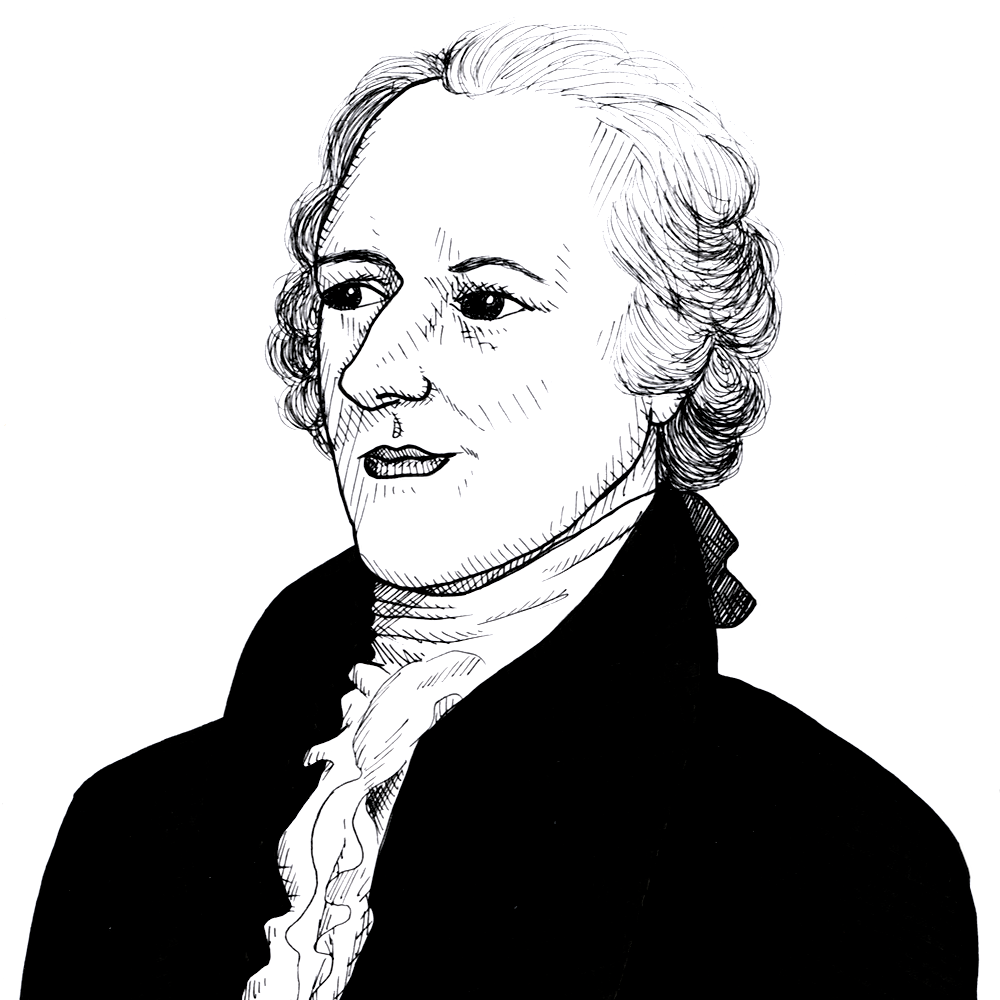
Alexander Hamilton warns of the danger to civil society and liberty from a standing army since “the military state becomes elevated above the civil” (1787)
Found in: The Federalist (Gideon ed.)
In Federalist Paper no. 8 "The effects of Internal War in producing Standing Armies, and other institutions unfriendly to liberty" Alexander Hamilton (1757-1804) warned of the dangers to liberty when the importance of the military is elevated above that of the citizenry:
War & Peace
But in a country, where the perpetual menacings of danger oblige the government to be always prepared to repel it, her armies must be numerous enough for instant defence. The continual necessity for his services enhances the importance of the soldier, and proportionably degrades the condition of the citizen. The military state becomes elevated above the civil. The inhabitants of territories often the theatre of war, are unavoidably subjected to frequent infringements on their rights, which serve to weaken their sense of those rights; and by degrees, the people are brought to consider the soldiery not only as their protectors, but as their superiors.